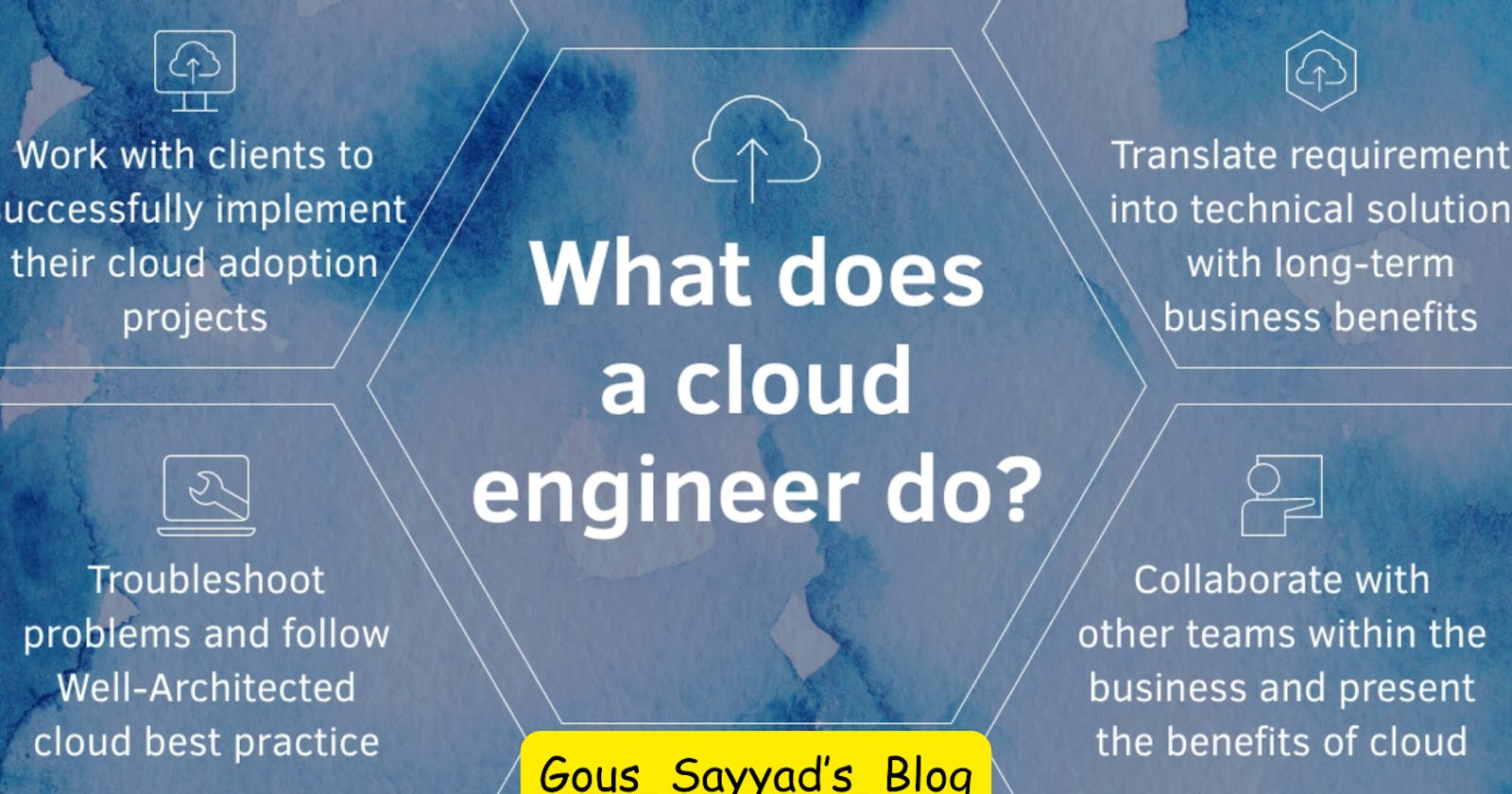In the ever-evolving landscape of technology, the role of a cloud engineer has become increasingly crucial. As businesses migrate their operations to the cloud, skilled professionals who can navigate and optimize cloud infrastructure are in high demand. If you're aspiring to be a stellar cloud engineer, here's a comprehensive guide to help you soar to new heights in your career.
Build a Strong Foundation:
Like any other field, a solid foundation is crucial. Begin by understanding the fundamentals of cloud computing. Familiarize yourself with key concepts such as virtualization, networking, and storage. Platforms like AWS, Azure, and Google Cloud offer free introductory courses to get you started.
Learn Multiple Cloud Platforms:
While specialization is valuable, being proficient in multiple cloud platforms broadens your skill set and makes you adaptable. Familiarize yourself with the major players in the industry—AWS, Azure, Google Cloud, and others. Each has its unique features, and a well-rounded cloud engineer can seamlessly work across platforms.
Master Cloud Services:
Delve into the plethora of cloud services available. Understand how to leverage compute services, storage solutions, databases, and more. Stay updated on the latest releases and features to ensure you can optimize cloud resources effectively.
Automation is Key:
As a cloud engineer, automation is your best friend. Learn scripting languages such as Python and tools like Terraform to automate routine tasks. Automation not only saves time but also reduces the chances of human error, ensuring a more reliable and efficient cloud environment.
Security First:
Security is a top priority in the cloud. Understand the shared responsibility model and familiarize yourself with security best practices. Learn about encryption, identity and access management, and security monitoring tools. Being proactive about security will set you apart as a reliable cloud engineer.
Stay Current with Industry Trends:
Cloud technology is dynamic and constantly evolving. Regularly update your skills by staying informed about the latest industry trends. Follow blogs, attend webinars, and participate in forums to connect with other professionals and gain insights into emerging technologies.
Hands-On Experience:
Theory is essential, but hands-on experience is irreplaceable. Set up your own cloud environment, experiment with different services, and tackle real-world problems. Many cloud providers offer free tiers for hands-on practice, so take advantage of these resources.
Soft Skills Matter:
In addition to technical expertise, cultivate strong communication and collaboration skills. Cloud engineers often work with cross-functional teams, so the ability to convey complex technical concepts to non-technical stakeholders is invaluable.
Certifications Boost Credibility:
Cloud certifications validate your expertise and can significantly boost your credibility. Consider earning certifications from cloud providers such as AWS Certified Solutions Architect, Microsoft Certified: Azure Solutions Architect, or Google Cloud Professional Cloud Architect.
Network and Build a Portfolio:
Connect with other professionals in the industry through networking events, online forums, and social media. Building a professional network can open doors to new opportunities. Additionally, showcase your skills by creating a portfolio that highlights your projects and achievements.
Conclusion:
Becoming a top-notch cloud engineer requires a combination of technical skills, continuous learning, and a proactive approach to industry trends. By building a strong foundation, mastering multiple cloud platforms, embracing automation, prioritizing security, and staying current with industry advancements, you'll be well on your way to navigating the vast skies of cloud engineering with confidence and expertise. Keep soaring high!

